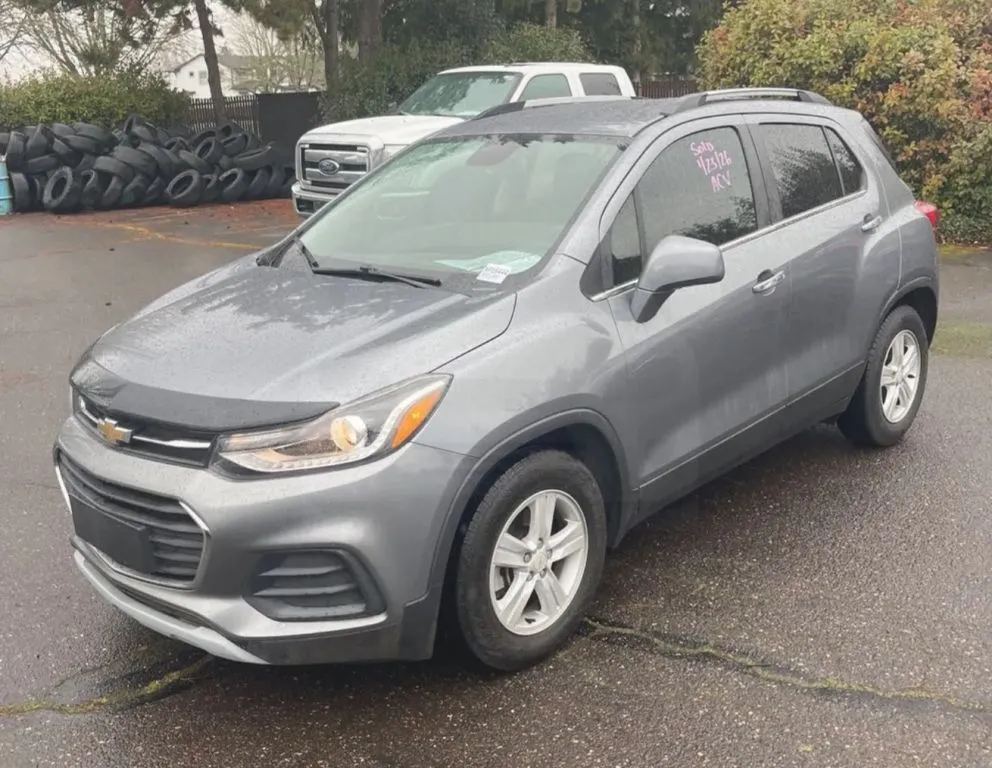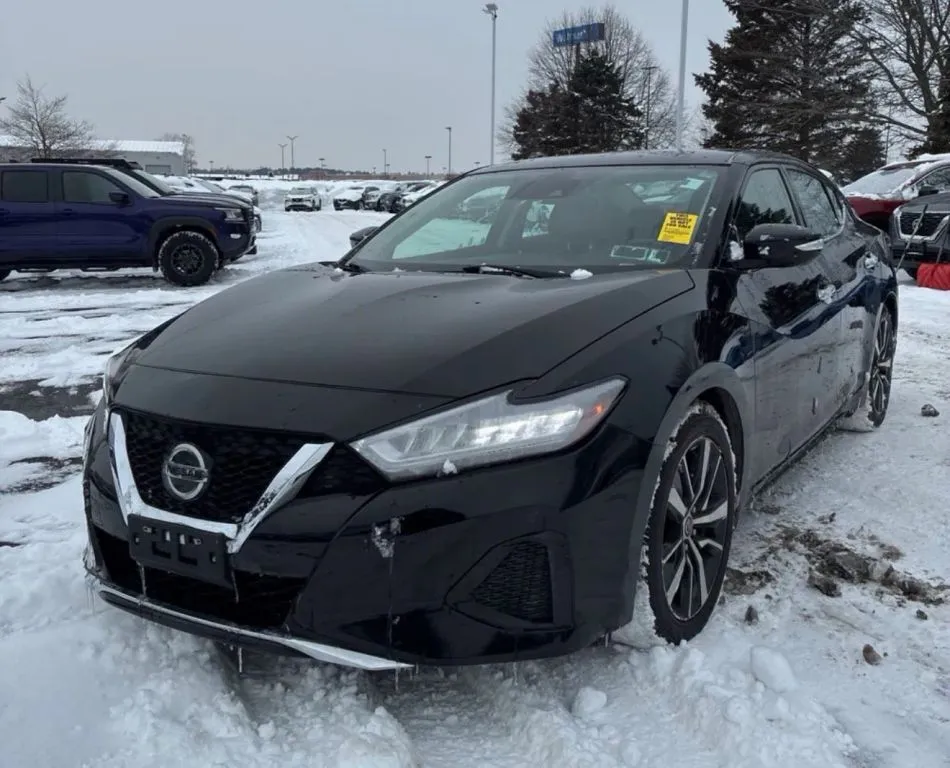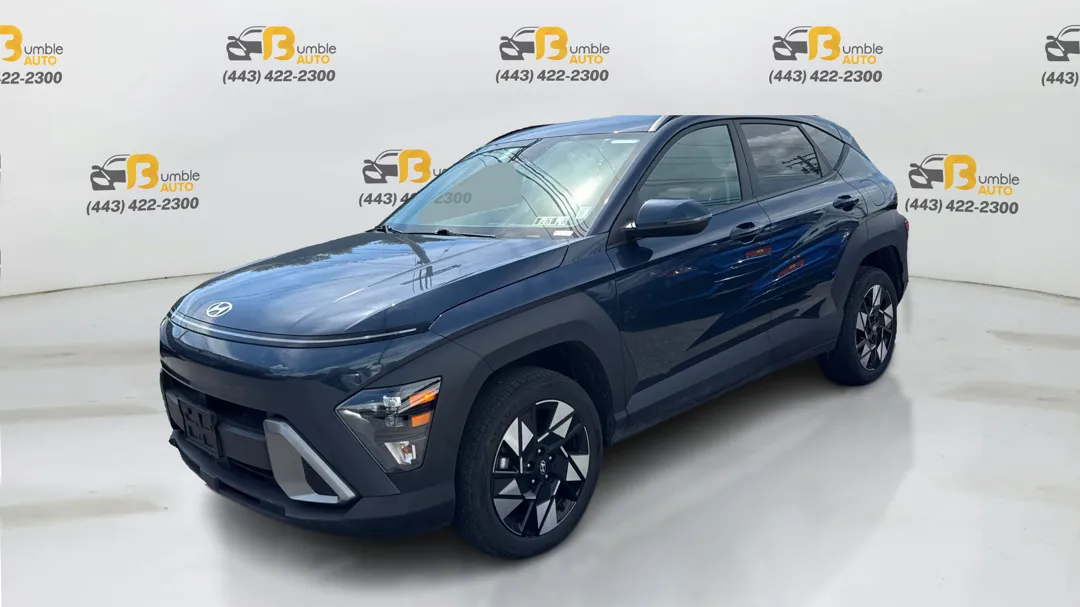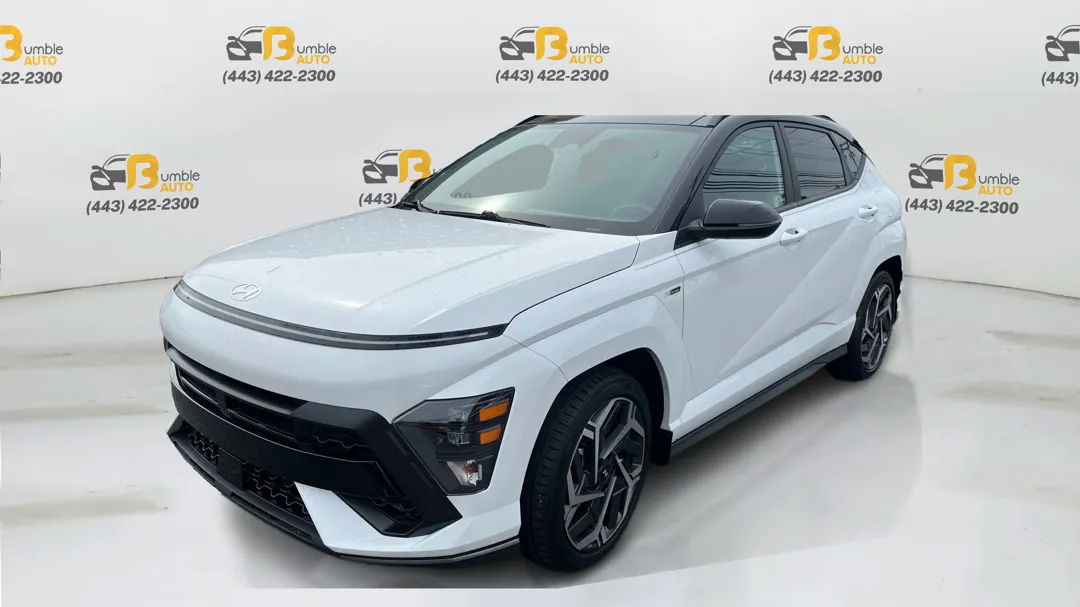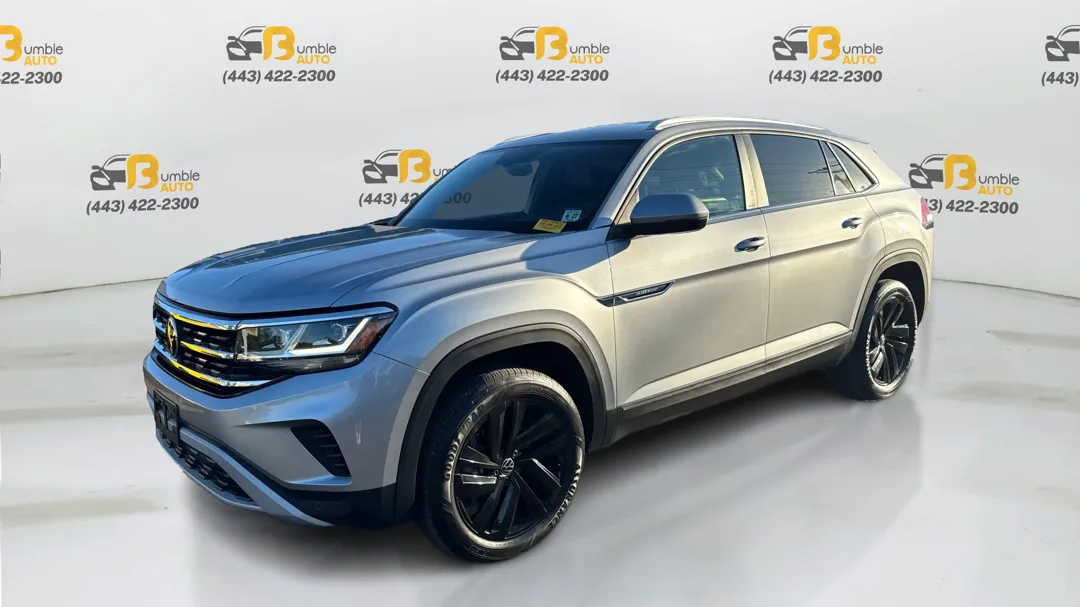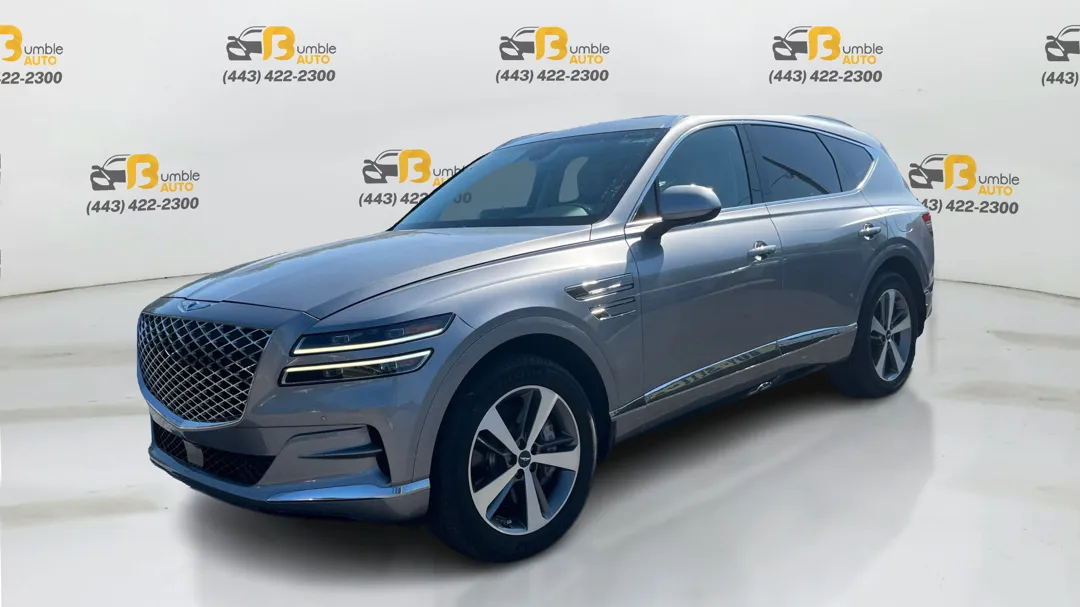Avoid Costly Repairs: How to Pick the Best Warranty for Your Used Vehicle
Table of Contents
- Understanding Vehicle Warranties
- Types of Warranties Available for Used Vehicles
- 1. Manufacturer Warranties
- 2. Certified Pre-Owned (CPO) Warranties
- 3. Extended Warranties
- Key Factors to Consider When Choosing a Warranty
- Coverage Details
- Duration and Mileage Limits
- Cost and Value
- The Importance of Researching Warranty Providers
- Comparing Coverage Options: What to Look For
- Common Exclusions in Used Vehicle Warranties
- The Role of Deductibles and Claims Process
- Frequently Asked Questions About Used Vehicle Warranties
- 1. What is the difference between a manufacturer warranty and an extended warranty?
- 2. Is it worth getting an extended warranty for a used vehicle?
- 3. Can I transfer my warranty if I sell my vehicle?
- 4. What should I do if my claim is denied?
- 5. How can I ensure my warranty remains valid?
- Conclusion: Making the Best Choice for Your Peace of Mind
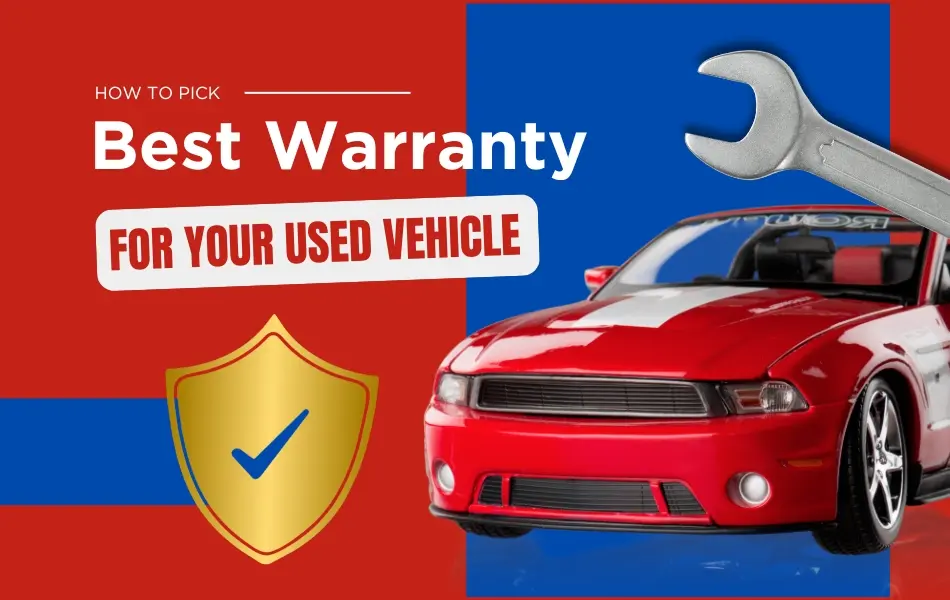
Buying a used vehicle can be an exciting yet daunting experience. While you've scored a great deal on a car with plenty of life left, the uncertainty surrounding its future can cast a shadow on your purchase. That's where the right warranty comes into play—your ticket to peace of mind. Choosing the best warranty for your used vehicle means navigating a world of options, each promising to shield you from unexpected repair bills and vehicle malfunctions. With the right information and a clear understanding of your needs, you can unlock the confidence to hit the road without worry. Whether you're a seasoned car buyer or venturing into used vehicles for the first time, this guide will illuminate the key factors to consider, helping you make an informed decision that ensures your investment is protected. Say goodbye to anxiety and hello to a smoother ride with the perfect warranty in your corner.
Understanding Vehicle Warranties
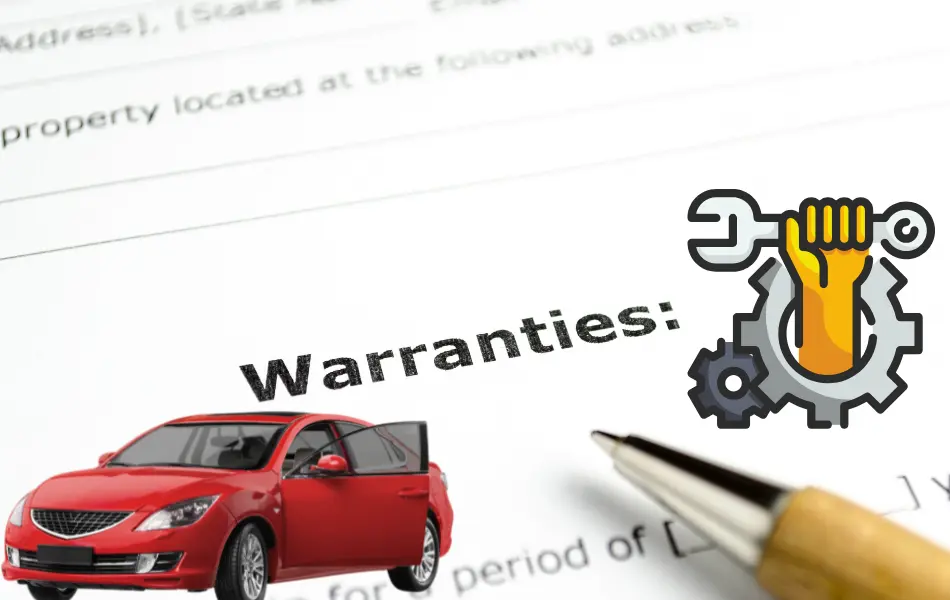
When purchasing a used vehicle, one of the most critical aspects to consider is the warranty. A vehicle warranty essentially acts as a safety net, covering specific repairs and replacements that may be required during the ownership period. Understanding the intricacies of vehicle warranties can help you make an informed decision and avoid unexpected expenses. Understanding warranties also means knowing how auto maintenance insurance benefits can further protect you from the costs of routine upkeep and sudden repairs. In essence, a warranty provides assurance that the manufacturer or a third-party provider will cover certain parts and labor costs if your vehicle experiences a mechanical failure.
Vehicle warranties come in various forms, each offering different levels of coverage. They can range from basic powertrain warranties that cover the engine and transmission to more comprehensive plans that include electronic systems and other components. Knowing the scope and limitations of each type of warranty is essential to ensure you get the protection that best suits your needs. Additionally, warranties can differ significantly in terms of duration and mileage, influencing the overall value and suitability for your used vehicle.
The process of choosing the right warranty for your used vehicle begins with understanding your specific requirements and the potential risks associated with your car. Factors such as the vehicle's age, mileage, make, and model can impact the likelihood of certain issues arising. By thoroughly understanding what a vehicle warranty entails, you can better navigate the options available and select a plan that provides optimal coverage and peace of mind, ensuring you are well-prepared for any future challenges your vehicle may face.
Types of Warranties Available for Used Vehicles
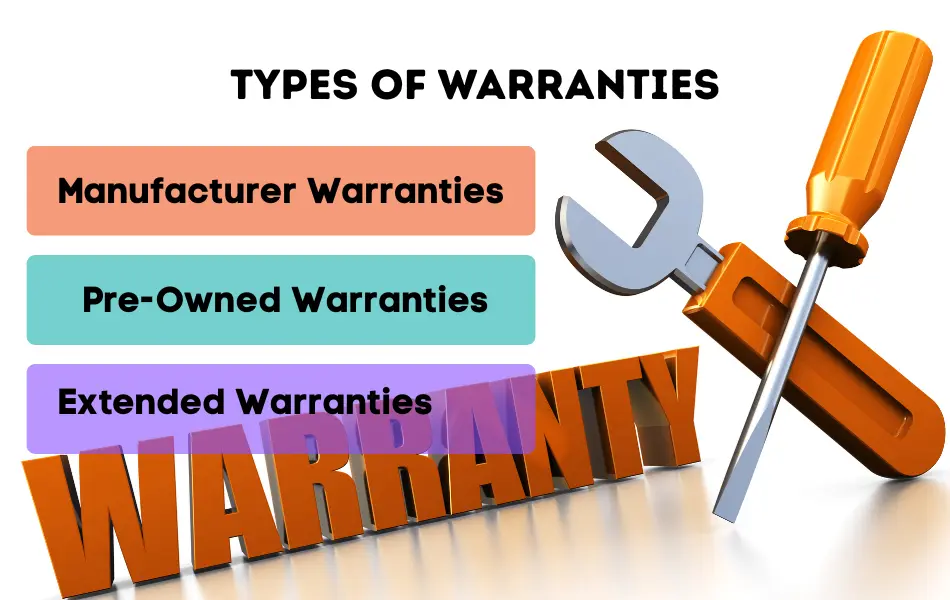
Choosing the right warranty for a used vehicle is an important step in ensuring peace of mind and long-term value. For many buyers, investing in pre-owned vehicles goes hand-in-hand with selecting a warranty that maximizes both protection and value. There are several types of warranties available, each with distinct advantages depending on the age, condition, and source of the vehicle. Below is an overview of the most common warranty types to help guide your decision.
1. Manufacturer Warranties
Manufacturer warranties, also known as factory warranties, are initially provided with new vehicles but may still be in effect when the vehicle is sold as used—especially if it’s relatively new or low mileage. These warranties typically cover a wide range of components, from the engine and transmission to electrical systems and climate controls. Because they are backed by the vehicle's original manufacturer, they offer a high level of credibility and assurance. However, they are time- or mileage-limited, so it's essential to verify how much coverage remains before finalizing your purchase.
2. Certified Pre-Owned (CPO) Warranties
Certified pre-owned warranties are available on vehicles that have passed strict inspections and meet specific age and mileage standards set by manufacturers or dealerships. These warranties often include comprehensive coverage that rivals what’s offered with new cars, such as bumper-to-bumper and powertrain protection. Many CPO programs also include extra benefits like roadside assistance and rental car reimbursement. For buyers looking for a balance of quality assurance and affordability, CPO warranties offer strong value and confidence in the vehicle's condition.
3. Extended Warranties
Extended warranties, or vehicle service contracts, are optional plans that can be purchased through either the manufacturer or third-party providers. These warranties are especially useful for older vehicles or those with higher mileage, as they extend protection beyond the limits of factory or CPO coverage. They come in a variety of plans, allowing you to customize coverage based on the systems and components you want protected. While they offer added peace of mind, it’s important to carefully review the contract terms, including exclusions, deductibles, and claim procedures, to ensure the plan meets your expectations.
Key Factors to Consider When Choosing a Warranty
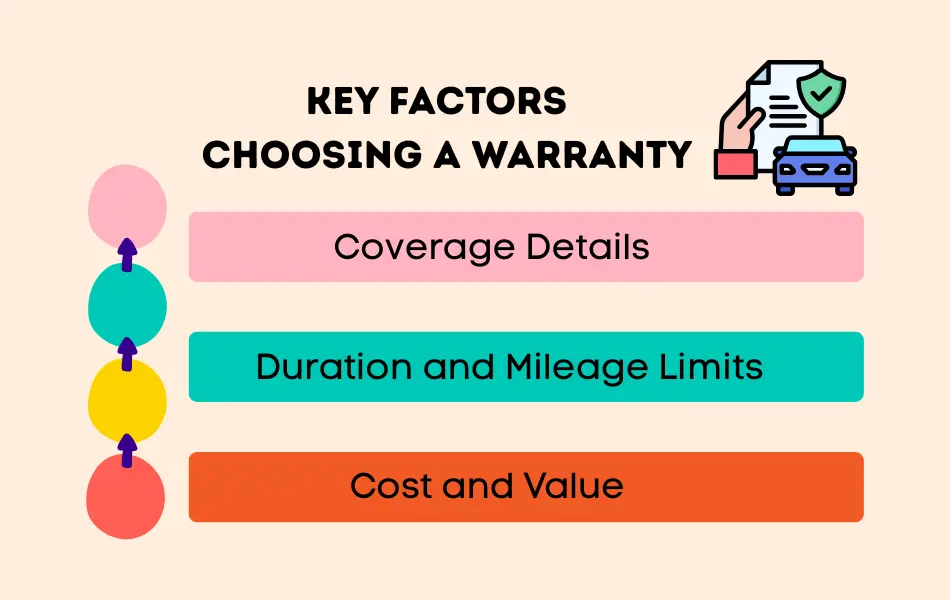
Selecting the right warranty for your used vehicle is an important decision that can save you money and stress down the line. By carefully evaluating several key factors, you can ensure you choose a warranty that provides the right level of protection and value for your needs.
Coverage Details
One of the most important aspects to consider is the coverage provided by the warranty. Take the time to understand exactly which components and systems are included, such as the engine, transmission, electrical systems, and climate controls. Carefully review the fine print for any exclusions or limitations that could reduce the warranty’s overall value. Comprehensive coverage that protects major systems can give you significant peace of mind by minimizing the risk of expensive out-of-pocket repairs.
Duration and Mileage Limits
Another critical factor is the warranty’s duration and mileage restrictions. Most warranties are limited by either a specific time frame or mileage cap, whichever comes first. It’s important to select a warranty whose terms match your driving habits and the vehicle’s expected lifespan. A longer warranty period or higher mileage limit can offer extended protection and reduce the chance of encountering repairs that aren’t covered. However, you’ll also want to weigh the added cost of longer coverage against the practical benefits it provides.
Cost and Value
Cost is a major consideration when choosing a warranty. Prices can vary significantly depending on the level of coverage, duration, and the provider. It’s important to compare different warranty options carefully to ensure you're getting good value for your money. Additionally, consider any deductibles or out-of-pocket costs associated with making a claim. Making a smart budget for car maintenance is essential when weighing warranty expenses against potential repair savings. A warranty with a lower upfront cost but high deductibles may ultimately be less cost-effective than one with a slightly higher price but lower or no deductibles when repairs are needed.
The Importance of Researching Warranty Providers
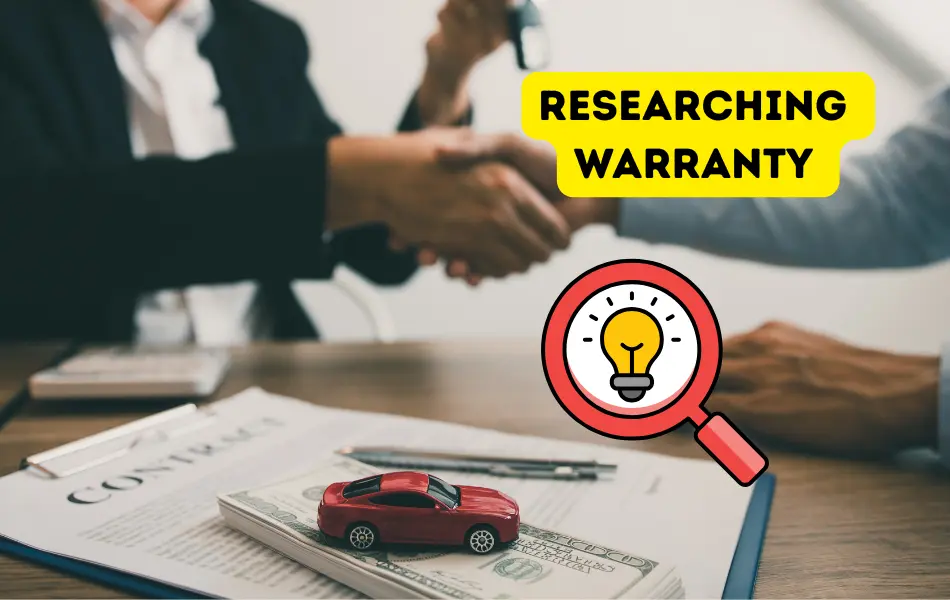
Choosing the right warranty for your used vehicle is not just about the coverage; it's also about the provider. Researching warranty providers is a critical step in the decision-making process, as it ensures you select a reputable company that stands behind its promises. Not all warranty providers are created equal, and some may have better track records in terms of customer satisfaction, claim processing, and overall reliability.
Start by looking into the background and reputation of potential warranty providers. It's also wise to compare each provider's car repair insurance coverage and ensure their plans truly meet your needs. Check for reviews and ratings from other customers to gauge their experiences. Reputable providers are often transparent about their services and have a history of honoring claims without unnecessary delays or complications. Additionally, consider whether the provider is backed by an insurance company, as this can offer an extra layer of security and assurance that the claims will be paid.
Another important aspect to consider when researching warranty providers is their financial stability. A financially stable company is more likely to be able to fulfill its obligations and provide long-term support for your warranty. Look for information about the provider's financial health, including any ratings from independent agencies that assess the company's stability and reliability. A warranty is only as good as the company behind it, so choosing a financially sound provider can give you confidence that your investment is protected for the duration of the warranty.
Finally, take the time to read the terms and conditions of each warranty provider carefully. Ensure you understand the process for making a claim, the documentation required, and any potential exclusions or limitations. A trustworthy provider will be clear and upfront about these details, making it easier for you to make an informed decision. By thoroughly researching warranty providers, you can choose a company that offers not only the best coverage but also the reliability and support you need for peace of mind.
Comparing Coverage Options: What to Look For

When comparing coverage options for used vehicle warranties, it's important to focus on the specifics of what each warranty offers. Start by examining the scope of coverage provided. Some warranties may only cover the powertrain, which includes the engine, transmission, and drivetrain, while others may offer more comprehensive protection that includes electrical systems, air conditioning, and even high-tech components like navigation systems. Understanding the breadth of coverage is crucial to ensure you get the protection you need for the most critical parts of your vehicle.
Next, consider the terms and conditions associated with each warranty. At Bumble Auto repair and maintenance services, our team helps customers review coverage options to make informed decisions. Pay close attention to any exclusions or limitations that may apply. For instance, some warranties may not cover wear-and-tear items like brake pads or tires, while others may exclude certain types of repairs or impose restrictions based on the vehicle's age or mileage. Knowing these details can help you avoid unexpected costs and ensure that the warranty provides the level of coverage you expect.
Another key aspect to look for when comparing coverage options is the process for making a claim. A user-friendly claims process can make a significant difference in your overall experience with the warranty. Check whether the warranty provider requires pre-authorization for repairs, how quickly claims are processed, and whether there are any limitations on where you can take your vehicle for service. A straightforward and efficient claims process can save you time and hassle, ensuring that you can get your vehicle back on the road as quickly as possible.
Common Exclusions in Used Vehicle Warranties
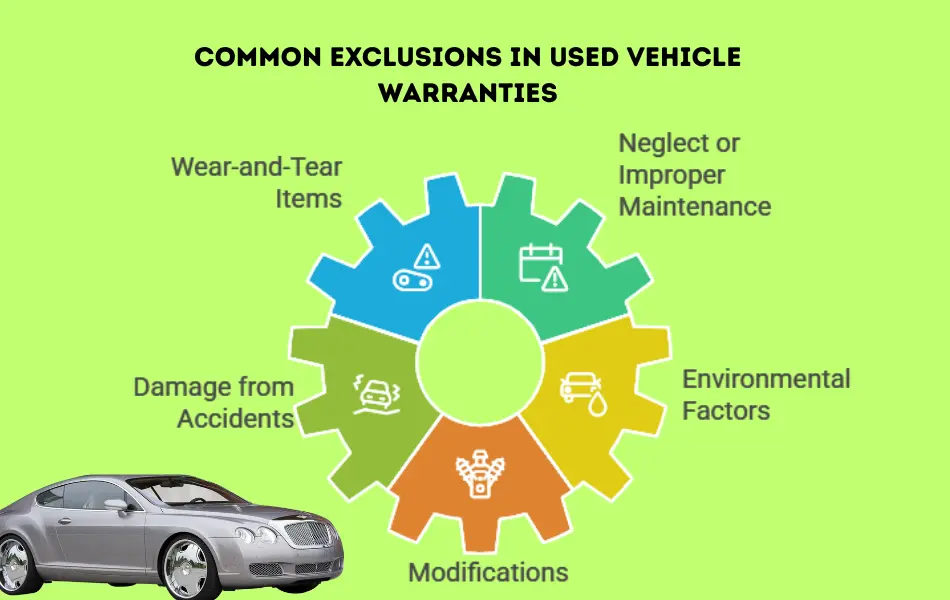
Understanding common exclusions in used vehicle warranties is essential to avoid surprises when you need to make a claim. One of the most frequent exclusions is wear-and-tear items. These include components that naturally degrade over time due to regular use, such as brake pads, tires, and windshield wipers. Warranties typically do not cover these items, as their replacement is considered part of regular vehicle maintenance.
Another common exclusion is damage resulting from neglect or improper maintenance. Warranty providers expect vehicle owners to adhere to recommended maintenance schedules and perform necessary upkeep. Keeping records and finding a perfect mechanic are vital steps in maintaining your vehicle and preserving your warranty coverage. Failure to do so can void the warranty, leaving you responsible for repair costs. This includes not only routine maintenance like oil changes and tire rotations but also addressing minor issues before they escalate into major problems. Keeping detailed records of all maintenance and repairs can help ensure that your warranty remains valid.
Additionally, many warranties exclude coverage for damage caused by accidents, environmental factors, or modifications. This means that if your vehicle sustains damage from a collision, natural disasters like floods or hurricanes, or if you've made aftermarket modifications that impact the vehicle's performance, the warranty may not cover the resulting repairs. It's essential to be aware of these exclusions and consider whether additional insurance or protection plans are necessary to fill any gaps in coverage.
The Role of Deductibles and Claims Process
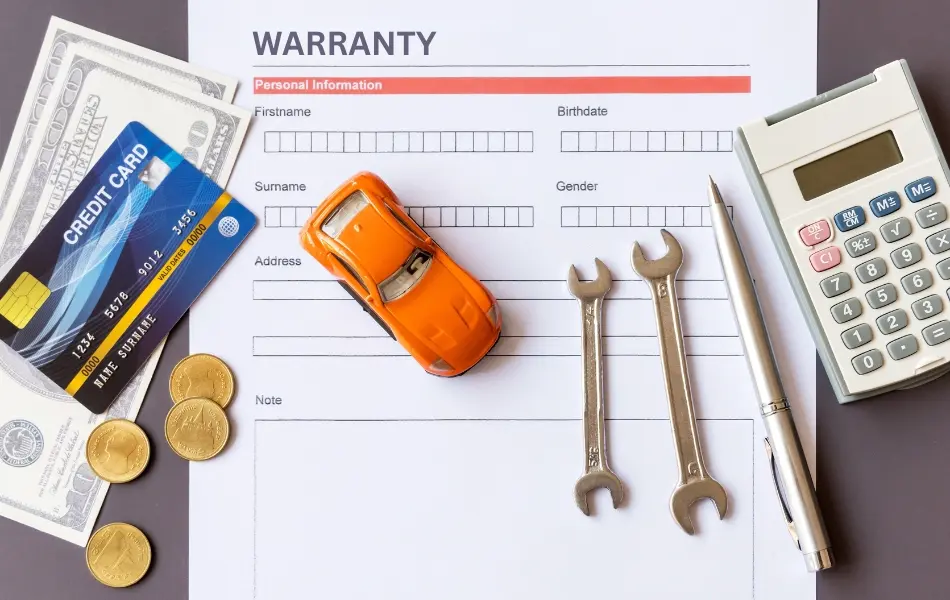
The role of deductibles in used vehicle warranties is an important consideration when selecting the best coverage for your needs. A deductible is the amount you must pay out of pocket before the warranty coverage kicks in for a repair. Deductibles can vary widely, with some warranties offering low or even zero deductibles, while others may require higher payments. It's crucial to understand how the deductible structure works and how it will impact your overall costs when making a claim.
In addition to deductibles, the claims process itself plays a significant role in your overall experience with a warranty. A straightforward and efficient claims process can make it easier to get your vehicle repaired and back on the road quickly. Look for warranties that offer a user-friendly claims process, including clear instructions on how to file a claim, whether pre-authorization is required, and the documentation needed. Some providers may offer online claim submission or dedicated customer service representatives to assist with the process.
Another aspect to consider is the network of repair facilities approved by the warranty provider. Some warranties may restrict you to specific dealerships or repair shops, while others offer more flexibility in choosing where to have your vehicle serviced. Having access to a broad network of reputable repair facilities can make the claims process smoother and ensure that your vehicle receives quality repairs. Additionally, consider whether the warranty provider offers any additional benefits, such as rental car reimbursement or roadside assistance, to further enhance your peace of mind during the claims process.
Frequently Asked Questions About Used Vehicle Warranties

When considering a warranty for your used vehicle, it's natural to have questions about the coverage and how it works. Here are some frequently asked questions that can help clarify common concerns and provide further insight into used vehicle warranties:
1. What is the difference between a manufacturer warranty and an extended warranty?
A manufacturer warranty is provided by the vehicle's manufacturer and typically covers new vehicles for a specific period or mileage. An extended warranty, also known as a vehicle service contract, can be purchased separately to extend coverage beyond the original warranty or to cover used vehicles. Extended warranties may be offered by the manufacturer or third-party providers and can be customized to include various levels of coverage.
2. Is it worth getting an extended warranty for a used vehicle?
The value of an extended warranty depends on several factors, including the age and mileage of the vehicle, its reliability, and your comfort level with potential repair costs. For older vehicles or those with higher mileage, an extended warranty can provide valuable protection against unexpected repairs. It's essential to weigh the cost of the warranty against the potential benefits and peace of mind it offers.
3. Can I transfer my warranty if I sell my vehicle?
Many warranties are transferable to subsequent owners, which can enhance the resale value of your vehicle. However, transferability may depend on the warranty provider and specific terms and conditions. If you plan to sell your vehicle, check whether the warranty can be transferred and if any fees or requirements apply.
4. What should I do if my claim is denied?
If your claim is denied, start by reviewing the warranty terms and conditions to understand the reason for the denial. Contact the warranty provider to discuss the situation and provide any additional documentation or information that may support your claim. If the issue remains unresolved, consider seeking assistance from consumer protection agencies or legal counsel to explore your options.
5. How can I ensure my warranty remains valid?
To keep your warranty valid, adhere to the recommended maintenance schedule and perform necessary upkeep on your vehicle. Keep detailed records of all maintenance and repairs, including receipts and service logs. Address any minor issues promptly to prevent them from escalating into major problems. Following these steps can help ensure that your warranty remains in effect and provides the protection you need.
Conclusion: Making the Best Choice for Your Peace of Mind
Choosing the best warranty for your used vehicle is a crucial step in ensuring long-term peace of mind and protection against unexpected repair costs. By understanding the different types of warranties available, evaluating key factors such as coverage, duration, and cost, and researching reputable providers, you can make an informed decision that aligns with your needs and budget. Additionally, considering common exclusions, the role of deductibles, and the claims process can help you select a warranty that offers the best overall value and convenience.
Customer reviews and professional ratings provide valuable insights into the reliability and service quality of different warranty providers, helping you avoid potential pitfalls and choose a trustworthy company. Addressing frequently asked questions can further clarify any concerns and provide a comprehensive understanding of used vehicle warranties.
Ultimately, the right warranty can transform the experience of owning a used vehicle, offering the confidence to enjoy your car without the constant worry of unforeseen repair bills. By taking the time to thoroughly research and compare your options, you can unlock the peace of mind that comes with knowing your investment is protected, ensuring a smoother and more enjoyable driving experience.


